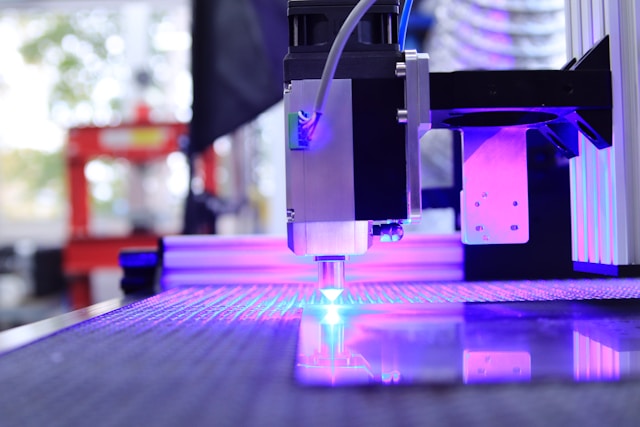As an entrepreneur in the healthcare industry, I’m always on the lookout for companies, products, and startups that seek to make health services efficient and affordable for patients. As I’ve written about before, healthcare is a complex industry; to succeed within its web of regulations and muddied network of industry stakeholders requires resilience and cooperation.
Difficulties aside, it’s more important than ever that the private sector helps improve healthcare delivery, especially as the ACA is faces repeal and baby boomers continue to age rapidly. I have been involved in various private healthcare endeavors, which include my company the Allure Group, which modernizes the nursing and rehabilitation experience for elderly and ailing patients.
Here are just a few types of healthcare delivery innovations and trends that are aiming to improve the quality, affordability, and efficiency of health services for all.
Sensor Innovation: Internet of Things
The Internet of Things (IoT) has the potential to revolutionize healthcare delivery as we know it, and it all has to do with the growing power of sensor technology. With its ability to track activity and collect and transport data in real time, IoT makes for a more streamlined and intelligent approach in all areas of healthcare.
Startup AdhereTech, for example, offers a connected pill bottle that tracks medical adherence. Other companies provide wearables that monitor vital signs and transmit data to healthcare providers in case of emergency. And that’s only a taste of the many IoT companies gaining prominence in healthcare.
Holistic Innovation: Internalizing Functions
Companies like Oscar and CVS are taking innovation to new levels by internalizing functions in order to provide more services, create a more holistic experience for customers, and maximizing profit. Oscar markets itself as a “full-stack insurance company” that handles everything in-house instead of outsourcing services, like other insurance companies. Rumor has it they may be getting into primary care as well.
As for CVS, their services have expanded from simple retail pharmacy to actual health care service for patients. The drugstore chain has added retail clinics to many of their stores, and even launched a Digital Innovation Lab to improve health outcomes using cutting edge technology.
Remote Innovation: Incredible E-services
Another way technological innovation can deliver better healthcare to consumers? The provision of e-services that let patients connect with healthcare providers by phone, tablet, or computer. It’s a great way to encourage reluctant patients to get checked out, ultimately preventing costly emergency visits. Companies like Lemonaid Health do this in help more patients remotely in less time.
Remote innovation also encompasses the companies eliminating the brick-and-mortar middle man, saving money on space and ensuring patients get medicine (or access to a professional medical opinion) without leaving their home. Pillpack, for example, eliminates the need for a physical pharmacy by mailing customized pill packs to patients every month.
All together, these innovations could amount to great strides in an industry that truly needs them more than ever.






